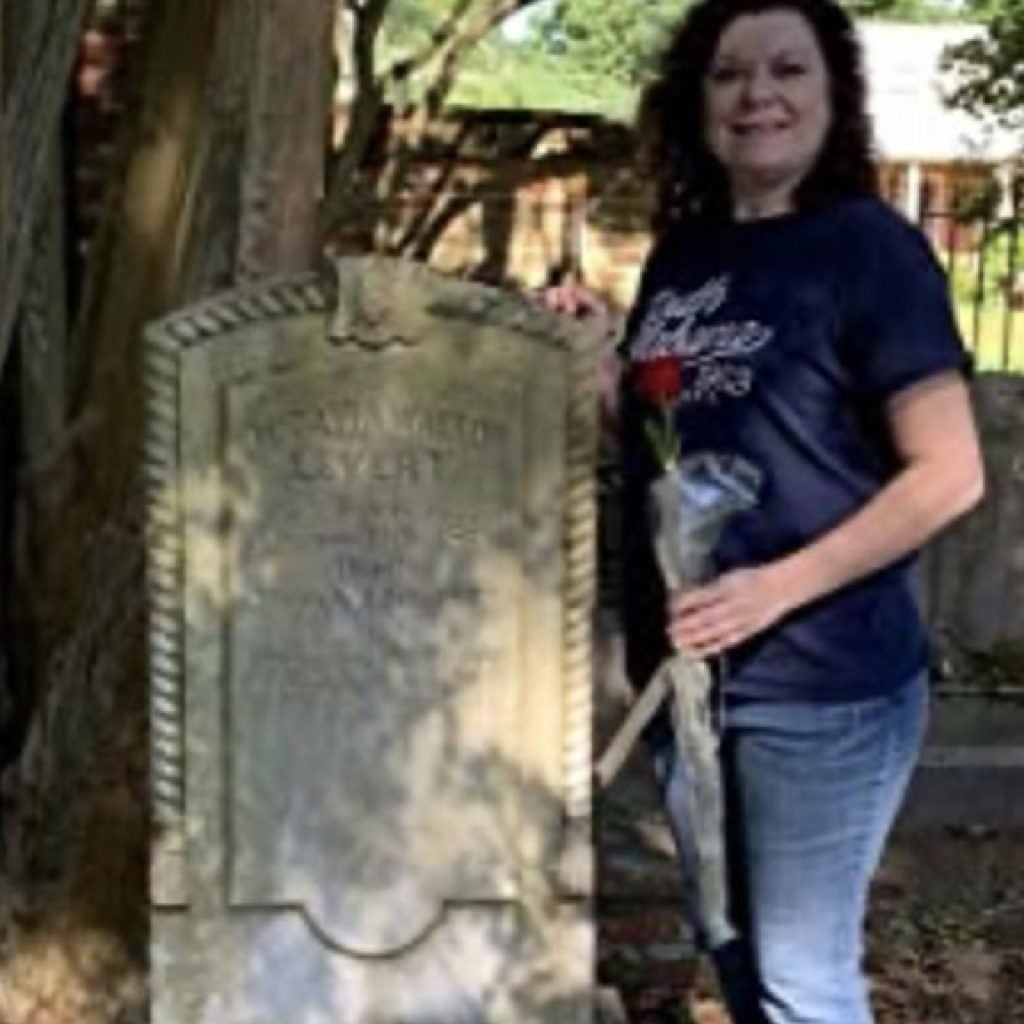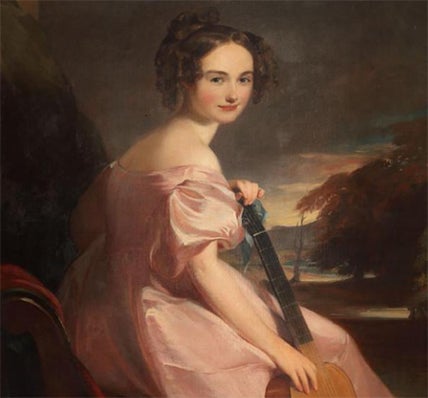Augusta is home to famous musicians, writers, actors and politicians, but few have shined as brightly as Octavia Walton LeVert, one of the women who helped save Mount Vernon.
LeVert was born in Augusta 1810 to quite a pedigree. Her paternal grandfather was George Walton Sr., the youngest signer of the Declaration of Independence. She would spend her early childhood between Meadow Gardens and the Belle Vue estate of her maternal grandmother, Eliza Talbot Walker, which is now Bellevue Hall at Augusta University’s Summerville campus.
According to Paula Lenor Webb, author of the book, “Such A Woman: The Life of Madame Octavia Walton LeVert,” George Walton died in debt, but the Walkers were a family of extraordinary wealth, which guaranteed young Octavia a life of leisure and prominence in post-Revolutionary Augusta high society.
However, Webb says that while Walton may have not had the money of his son’s in-laws, notoriety helped propel his granddaughter into the social stratosphere.
When Octavia was reaching debutante age, her father George Walton Jr., who was serving as secretary of state for the new state of Florida, moved the family to Mobile, Alabama so his daughter could have a proper “coming out.”
It was in Mobile where she met her husband, Dr. Henry LeVert and began lifelong friendships with notable writers and poets such as Henry Wadsworth Longfellow and Washington Irving.
According to Webb, a young Edgar Allan Poe was so smitten with Olivia that he wrote one of his first poems as an ode to her. The poem, To Octavia has the following lines:
When wit, and wine, and friends have met And laughter crowns the festive hour In vain I struggle to forget Still does my heart confess thy power And fondly turn to thee! But Octavia, do not strive to rob My heart, of all that soothes its pain The mournful hope that every throb Will make it break for thee!
In 1849, tragedy struck as both of LeVert’s two children and her beloved younger brother died of scarlet fever. According to Webb, Longfellow and Irving suggested LeVert travel the world and keep a journal as a means of coping with her loss.

According to the late Augusta Historian Edward Cashin, Levert began her travels in Washington D.C., and that is where she learned of the condition of George Washington’s home Mount Vernon.
The once-stately home of the Father of the Nation was in serious disrepair, and LeVert joined the Mount Vernon Ladies’ Association, vowing to do her part to restore the mansion.
From Washington D.C., LeVert traveled to Europe and was ushered into the courts of kings and queens. She dutifully recorded the entire trip in her journal. Upon returning to the United States, LeVert published her one and only book, “Souvenirs of Travel,” and dutifully donated the proceeds to the Mount Vernon Ladies’ Association, according to Webb.
The book was an instant success, and Cashin notes that LeVert’s husband read it cover to cover, “surprised at what he missed.”
The Civil War years were tough on LeVert as her husband died of an illness in 1864, and because she never renounced friendships on both sides of the conflict, the post-war high society in the South largely shunned her.
According to Webb, the people of Mobile treated Octavia almost as a traitor, even though prior to the war, LeVert and her husband had four inherited slaves.
LeVert spent her final years between New York City and Augusta. She was interred in the Walker family plot when she passed away in 1877.
LeVert was a superstar in her time but is largely forgotten today. In fact, she was so well known and beloved in her lifetime that Irvin wrote of her, “a woman such as appears but once in the course of an empire.”
…And that is something you may not have known.
Scott Hudson is the senior reporter for The Augusta Press. Reach him at scott@theaugustapress.com











